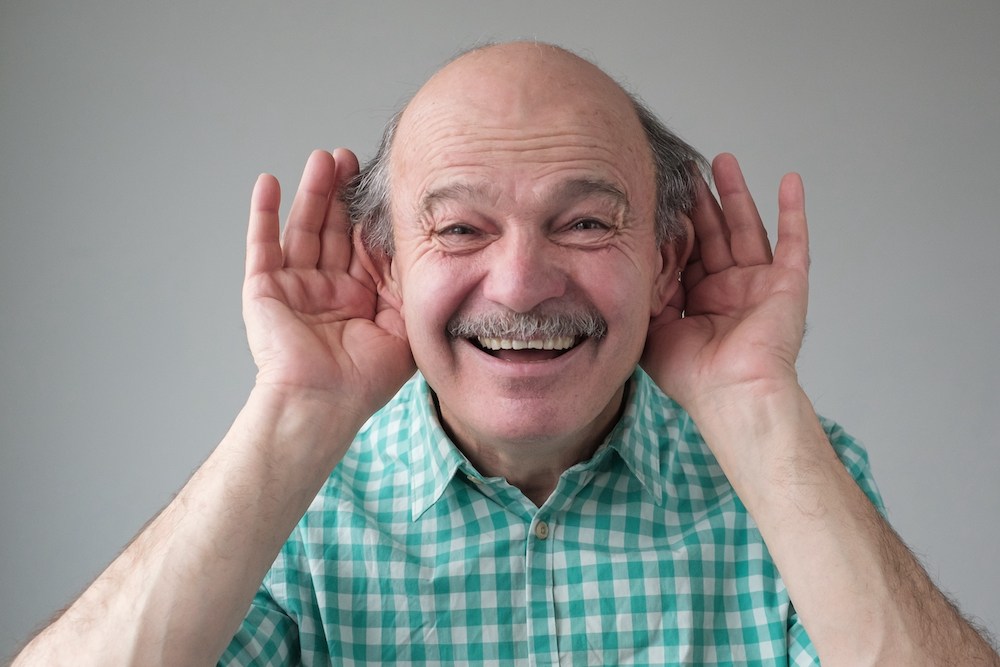The Connection Between Hearing Loss and Physical Activity
When thinking about ways to support your hearing health, exercise might


When thinking about ways to support your hearing health, exercise might

Taking your child for their first hearing test can feel overwhelming for

Hearing loss affects how you communicate with the people closest to you,